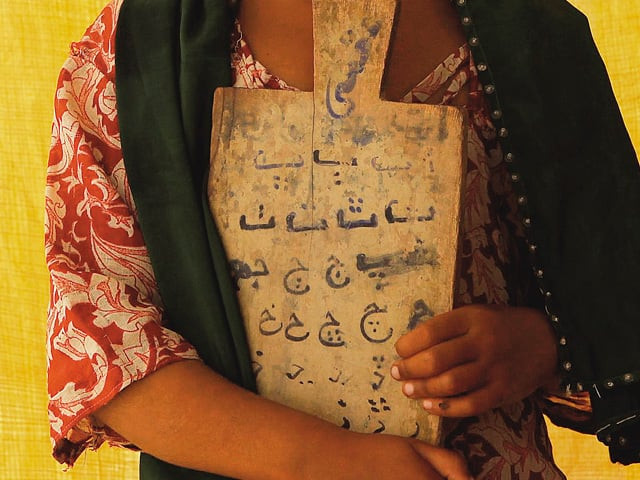Halving fun: Most of Sindh’s primary teachers cut class time in half, survey shows
Students in Matiari, Khairpur, and Sukkur do better than those in Tando Muhammad Khan and Tando Allahyar.

This was shared at a seminar organised by the Aga Khan University Institute for Educational Development (AKU-IED) at its Karimabad branch on Tuesday.
Only 56% of enrolled students attend class, which means that the dropout rate is high. Only 67.5% of boys and 64.4% of girls finish primary school.
A strange demographic pattern on the academic performance of students has also emerged. It was found that students in Matiari, Khairpur and Sukkur perform better than those in Tando Muhammad Khan and Tando Allahyar. There is significant gender bias in the classrooms as girls are not encouraged to participate. The principals and teachers lack leadership skills as well, the survey said.
Around 83 students failed a Students Learning Achievement Test which was conducted as part of the survey. The test was based on four subjects, English, Science, Maths and Social Studies, and was made up of questions from their own curriculum. The highest mean score was eight in Science, while the lowest mean score was 3.6 in Social Studies. Girls outdid the boys.
However, Muhammad Shariq, the additional secretary of the Sindh education department who attended the session, seemed sceptical of the results. “We have an academic and training wing within the department,” he said. “We will brainstorm and look deeply into the report.”
The secretary was unable to come up with a satisfactory answer for the alarming status of education in the province. But he said that the situation will get better since the power of governance is back with the provincial department of education.
According to the director of the AKU-IED, Muhammad Memon, governance, management and a lack of professional teachers are responsible for the deplorable state of education. “The number of schools have increased in the thousands over the past several years. But there are no resources or management to look after them,” Memon said. “The government should also refrain from restructuring the administrative system further.” The survey was conducted by Strengthening Teacher Education in Pakistan (STEP), a project of the Aga Khan University. It studied 196 schools across Sindh and over 6,000 students from grades 4 and 5.
Published in The Express Tribune, November 23rd, 2011.



















COMMENTS
Comments are moderated and generally will be posted if they are on-topic and not abusive.
For more information, please see our Comments FAQ